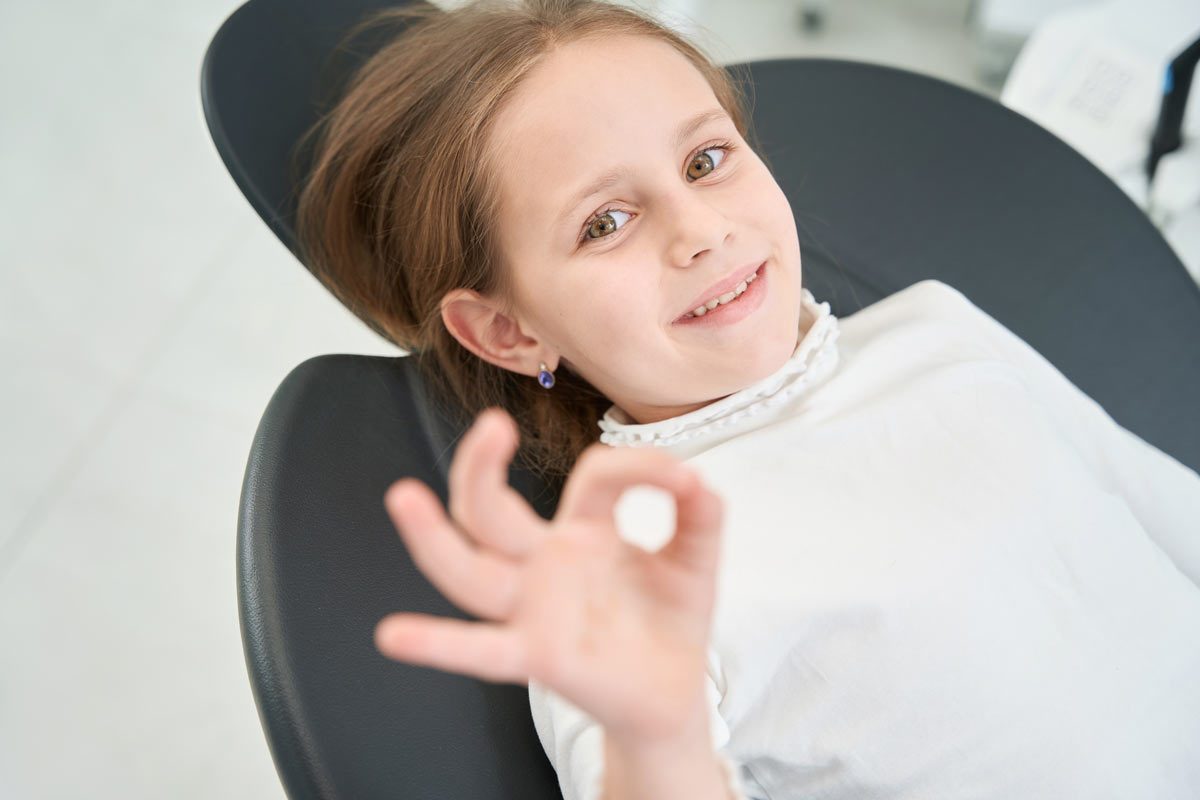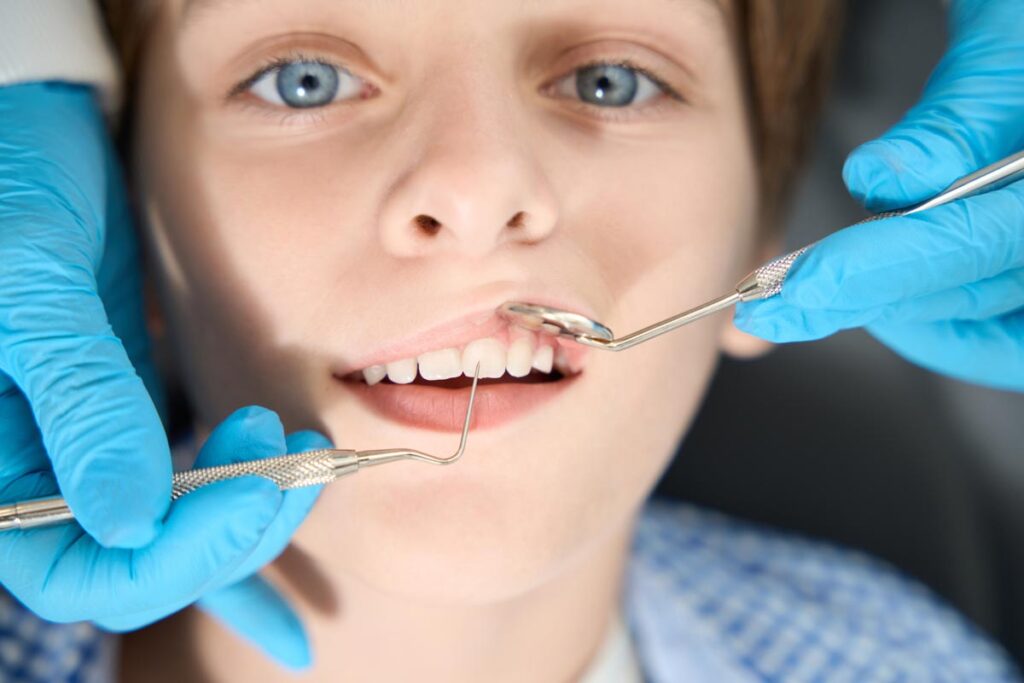Children’s dentistry is about the oral health of kids from the time they are babies until they are teenagers. Children’s dentists have to have a lot of experience with children’s teeth, gums, and mouths from the time they are babies until they are teenagers. Children get their first teeth when they are about six months old, and by the time they are 6 or 7 years old, they start to lose their baby teeth. When these are gone, permanent teeth will come in, and that’s when they’ll need good dental care. If children’s dentists don’t give them the right dental care, they can get oral diseases and cavities that will affect them for the rest of their lives. So, at SkyRise Dental, we offer children’s dentistry services to all children to make sure they don’t have any dental problems as kids and get the best dental care possible.
Tooth Decay Is the Most Common Disease in Kids
Tooth decay is one of the most common diseases in children, and it can hurt their mouths and whole bodies. In addition, if tooth decay isn’t treated, it can hurt the child’s other teeth and hurt their health and growth in the long run.
Candy Isn't the Only Thing That Makes Teeth Unhealthy
There’s no question that eating candy can cause cavities. But that’s not the only thing that’s to blame. When you look at the big picture, there are a lot of different foods that can cause tooth decay. Especially starchy snacks like cookies, crackers, or bread can make it more likely for a child to get cavities. This shouldn’t come as much of a surprise. After all, tooth decay is because of the bacteria that make acid and eat sugars. In other words, cavities are because of the bacteria that feed on the sugars in starchy foods. Therefore, brushing your child’s teeth after eating these foods is important.
You Can Prevent Tooth Decay with Children's Dentistry
One way to stop tooth decay is to use fluoride varnish, which can cut the risk of decay in baby teeth by 33%. In addition, dental sealants reduce the chance of getting a cavity by up to 80%. Children are less likely to get cavities if they brush their teeth twice a day with fluoride toothpaste—the amount of fluoride in the toothpaste changes with the child’s age. For ages, 0-36 months, put on a small amount (about the size of a grain of rice) twice a day and wipe off any extra with a toothbrush made for that age. For children ages, 3 to 6, apply an amount the size of a pea twice a day and tell the child to spit out the extra.

Baby Teeth Are Important
A common misconception about children’s dentistry is that baby teeth eventually fall out, so they don’t need to take care of the same way as adult teeth. Dentists suggest that children should see a dentist as soon as their first tooth comes in or no later than their first birthday. This is to prevent dental problems. Primary teeth are very important because they help children chew, which is important for good nutrition. They also help develop speech and make room for permanent teeth to come in properly.
Healthy Habits Start at Young Age with Children's Dentistry
Helping a child learn how to take care of his or her teeth is one of the most important parts of children’s dentistry. Early care and preventive measures that start when a child is young are more likely to affect them for the rest of their life. Getting in the habit of taking care of your teeth and gums at a young age is good for your dental health as a child and as an adult.
As you can see, there are a few things to remember about children’s dentistry. Above all, remember that it’s always early enough to start taking care of your teeth properly. Children’s most common illness is cavities. Looking for a dentist in Thornhill, Ontario, who takes care of children’s teeth? Feel free to get in touch with us to set up an appointment!



